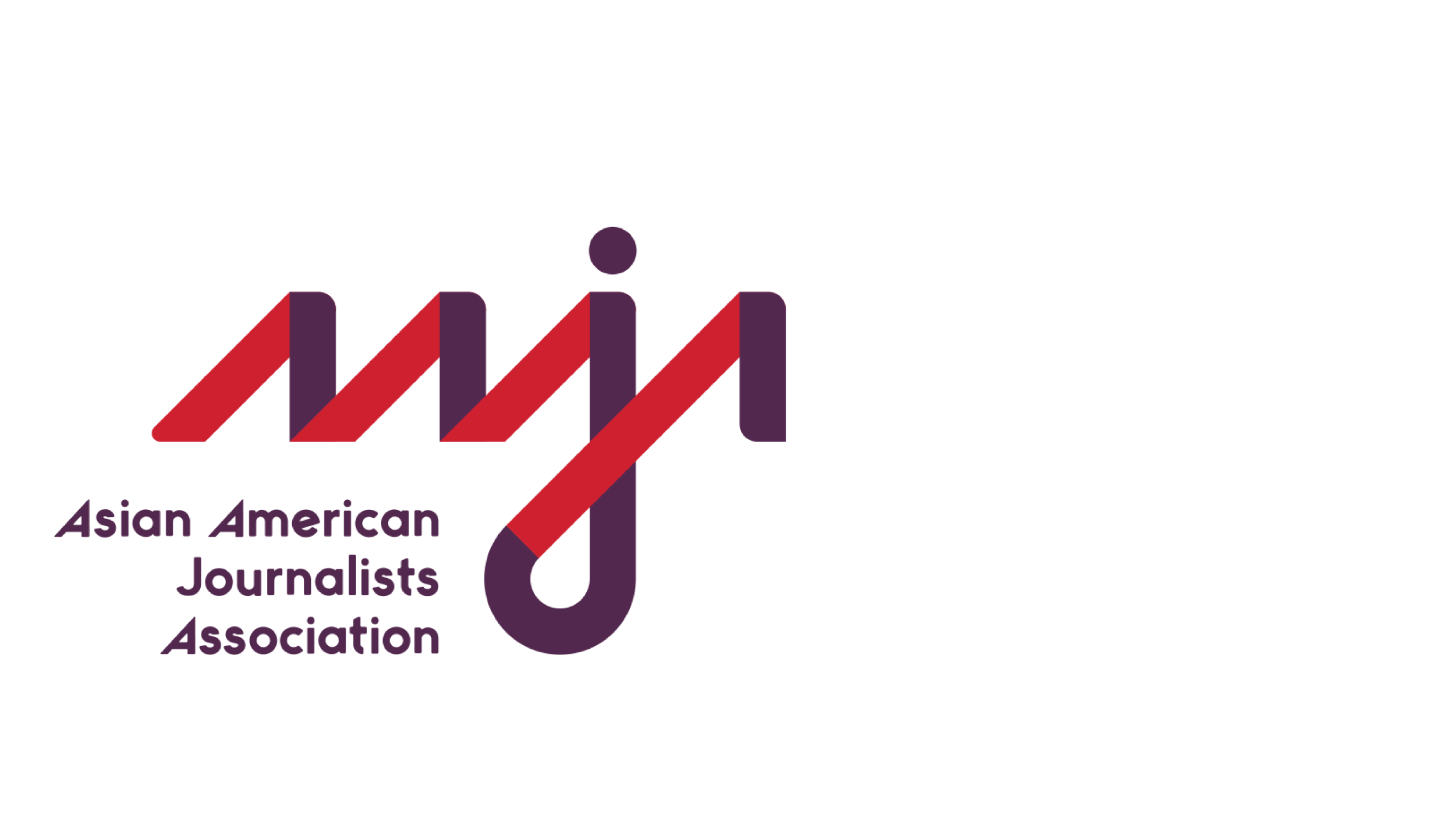ʻAhahui Haku Moʻolelo (Hawaiian Journalists Association) and the Hawaiʻi chapter of the Asian American Journalists Association express our condolences and thoughts for the lives lost and homes destroyed by this wildfire. We urge journalists to exercise sensitivity and due diligence when framing their stories on the devastating Lāhainā wildfire.
The wildfire is the deadliest U.S. wildfire in more than 100 years, and as of the writing of this guidance, hundreds of people are still missing. The fire has displaced thousands of people and damaged or destroyed about 2,200 structures (most of them homes) across 2,100 acres. However, these statistics do not fully capture the tremendous loss endured by residents and disproportionate impact on Native Hawaiians. Lāhainā was the traditional home of Maui royalty dating back to the 1500s, and later became the capital of the Hawaiian Kingdom in 1820 and the burial site of early members of the Hawaiian royal family of the Kamehameha line. Several cultural institutions were damaged or destroyed in the fire.
We urge reporters to do extensive research on Hawai‘i’s culture and people before reporting, and we urge media outlets to consider the following guidance:
-
-
-
- Please use the term “Hawaiʻi residents” to refer to people who live in Hawaiʻi. The term “Hawaiian” should only be used to refer to the islands’ Indigenous people.
- Hawaiians write the name of their land as Hawaiʻi, while AP Style uses Hawaii. If you do choose to use Hawaiian diacritical marks, use them consistently. ʻOkina are glottal stops and look like backwards apostrophes. Kahakō, such as in “Lāhainā,” lengthen and add stress to marked vowels.
- Remember to capitalize the word “islands” when referring to the “Hawaiian Islands.”
- Consider additional historical context when describing Lāhainā. The town is not only a tourist destination, but also the former capital of the Hawaiian Kingdom.
- We understand the importance of getting reporters on the ground in the wake of this disaster, but please consider the impact of your stay, and the need to prioritize the flow of limited resources to survivors, first responders, and emergency workers.
- Familiarize yourself with Hawaiʻi’s geography before covering the islands. The Big Island refers to Hawaiʻi Island, the largest island in the Hawaiian archipelago. It does not refer to Oʻahu, the most populated island.
- In Hawaiʻi, the Continental U.S. is often referred to casually as the “Mainland.” Some kama‘āina (people born in Hawaiʻi) feel this term suggests a Hawaiʻi subservience to the 49 American states. Consider using “Continental U.S.” instead of “Mainland.”
- When referring to something on a Hawaiian island, such as Maui, the correct preposition is “on” Maui, not “in” Maui. For example, “There is a wildfire on Maui.” However, when referring to the county of Maui (which includes the islands of Maui, Lānaʻi, Molokaʻi and Kahoʻolawe), the correct preposition is “in Maui County.”
-
-
Please do as much research about Hawaiʻi’s geography, culture and people as you can before you arrive. Parachuting into an area where the journalist has little knowledge or experience can result in inaccurate news reports.
Visit the ʻAhahui Haku Moʻolelo website at HawaiianJournalists.org for a list of additional resources regarding Hawaiian history, Hawaiian language, the use of diacritical marks, and more.
Resources for covering wildfires/natural disasters/traumatic events:
- Safety tips for covering wildfires, Committee to Protect Journalists
- How journalists can protect themselves before, during and after natural disasters, IREX
- How to cover wildfires, Dart Center for Journalism & Trauma
- Journalism can help communities with these five pillars of ethical disaster reporting, Poynter
- Tragedies & Journalists, Dart Center for Journalism & Trauma
- Reporting a traumatic community event – resources for media workers, Dart Center for Journalism & Trauma
- Dart Center Style Guide for Trauma-Informed Journalism, Dart Center for Journalism & Trauma
- Trauma-informed journalism: What it is, why it’s important and tips for practicing it, The Journalist’s Resource
Several organizations are accepting donations to help Maui:




